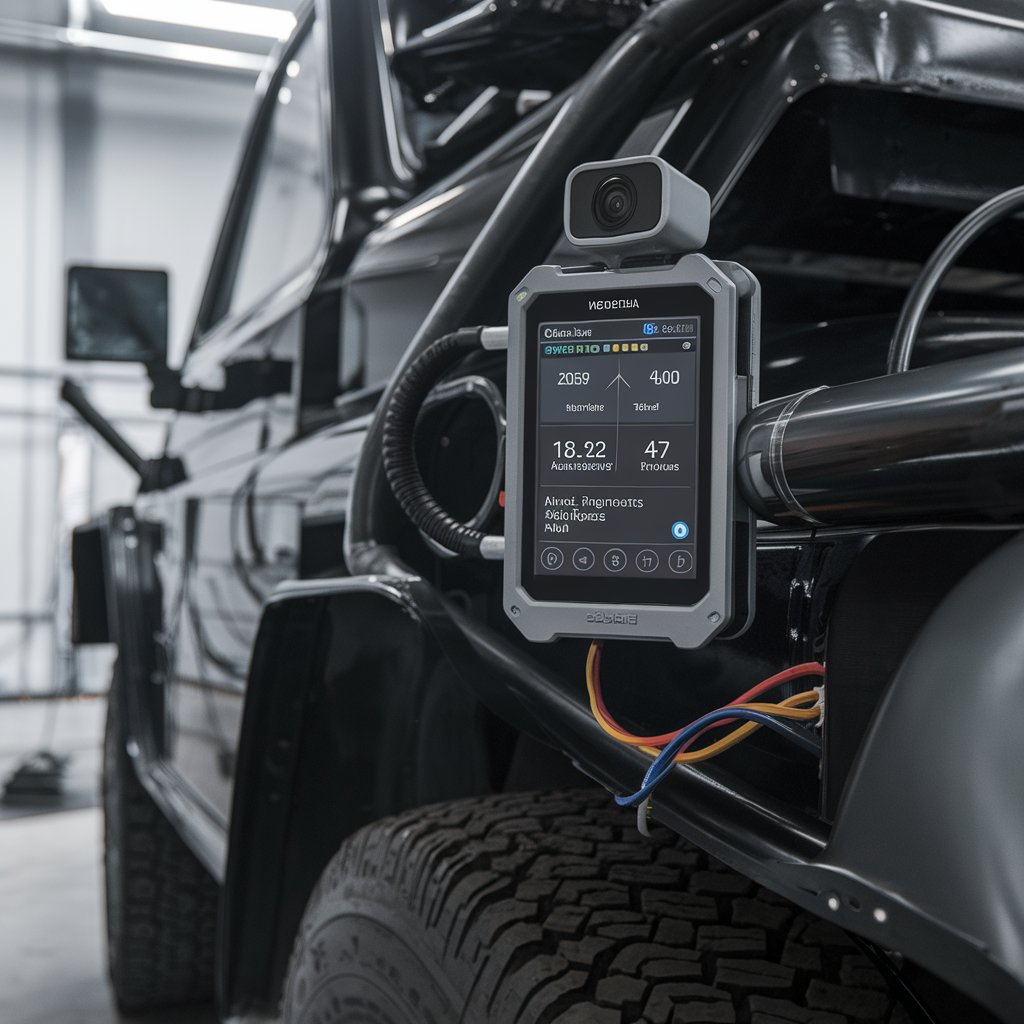The GPS tracking industry has witnessed significant growth in recent years, fueled by advancements in technology and the increasing need for location-based services. However, this growth is accompanied by a set of challenges that companies must navigate to fully realize the potential of GPS tracking. In this article, we will explore the challenges and opportunities within the GPS tracking industry, focusing on innovations in GPS technology, the impact of 5G, the rise of IoT, and future applications of GPS tracking devices.
GPS tracking devices Industry Outlook :
The GPS Tracking Device Industry is projected to grow from USD 3.1 billion in 2023 to USD 5.7 billion in 2028; it is expected to grow at a CAGR of 13.1% from 2023 to 2028.
Innovations in GPS Technology
Current Innovations
The GPS tracking industry is constantly evolving, with new technologies emerging to improve accuracy, reliability, and user experience. Key innovations include:
- Enhanced Satellite Systems: New satellite constellations, such as Galileo (Europe) and BeiDou (China), offer improved positioning capabilities and reduce reliance on traditional GPS systems.
- Multi-Constellation Compatibility: Devices that can connect to multiple satellite systems provide better coverage and accuracy, particularly in urban environments where signal obstruction can occur.
Challenges
Despite these advancements, challenges remain. Device manufacturers must ensure compatibility with various satellite systems and navigate regulatory hurdles that can impact deployment. Additionally, the complexity of integrating new technologies into existing infrastructure poses a significant barrier.
Download PDF Brochure @ https://www.marketsandmarkets.com/pdfdownloadNew.asp?id=142

Impact of 5G on GPS Tracking
Opportunities Presented by 5G
The rollout of 5G technology is set to revolutionize the GPS tracking industry. Key benefits include:
- Faster Data Transmission: 5G networks offer significantly higher speeds, enabling real-time data transfer and more responsive tracking solutions.
- Enhanced Connectivity: With lower latency and improved reliability, GPS tracking devices can communicate more effectively, leading to better performance in applications like autonomous vehicles and smart city initiatives.
Challenges
However, the transition to 5G also presents challenges. Infrastructure investments are needed to support the deployment of 5G networks, particularly in rural areas. Additionally, companies must address potential cybersecurity risks associated with increased connectivity, ensuring that sensitive data remains secure.
The Rise of IoT in GPS Tracking
Integration with IoT
The integration of GPS tracking devices with the Internet of Things (IoT) is reshaping how businesses approach location-based services. IoT-enabled GPS devices can collect and analyze data from multiple sources, leading to enhanced decision-making. Opportunities in this area include:
- Predictive Analytics: By leveraging data from GPS devices and other IoT sensors, businesses can anticipate maintenance needs, optimize routes, and improve asset management.
- Smart Logistics: The combination of GPS tracking and IoT technology enables real-time monitoring of shipments, reducing delays and enhancing customer satisfaction.
Challenges
The rapid growth of IoT introduces challenges, such as interoperability among devices and platforms. Companies must also ensure robust data privacy and security measures are in place to protect against potential breaches.
Future Applications of GPS Tracking Devices Industry
Expanding Applications
The potential applications of GPS tracking devices are vast and varied, paving the way for future innovations. Some promising future applications include:
- Autonomous Vehicles: GPS technology is critical for the development of self-driving cars, enabling precise navigation and obstacle avoidance.
- Smart Cities: Integrated GPS tracking can enhance urban planning and management, from traffic flow optimization to environmental monitoring.
- Healthcare: GPS devices can be utilized for remote patient monitoring, ensuring timely interventions and improving patient outcomes.
Challenges Ahead
While these applications offer exciting opportunities, they also pose challenges. The need for significant investment in infrastructure and technology to support advanced applications is paramount. Furthermore, regulatory compliance and ethical considerations surrounding data privacy will require careful navigation.
The GPS tracking industry is at a pivotal point, characterized by both challenges and opportunities. Innovations in GPS technology, the impact of 5G, and the rise of IoT are shaping the future landscape of GPS tracking. As companies adapt to these changes and explore new applications, they must also address the accompanying challenges, including infrastructure investments and cybersecurity concerns. By embracing innovation and remaining agile, stakeholders in the GPS tracking companies can harness the full potential of this dynamic market, driving growth and enhancing efficiency across various sectors.
